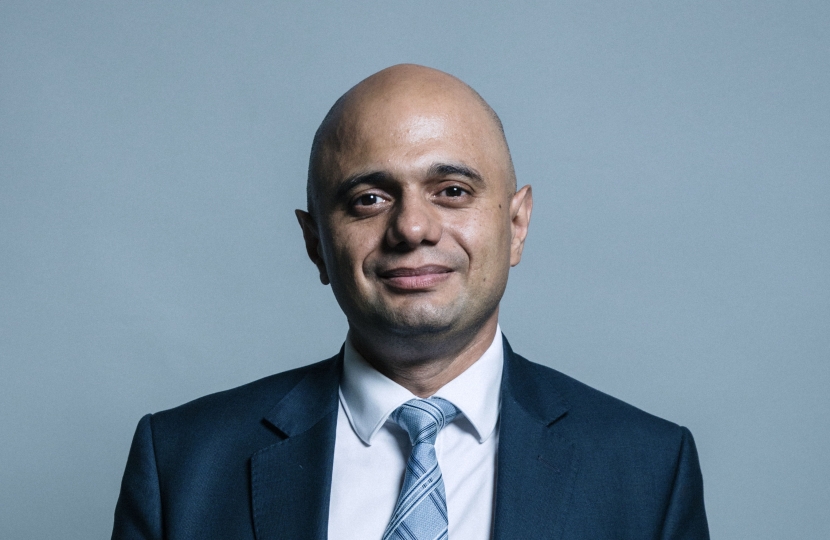
Tone-deaf and condescending antics of singers and film stars have made even politicians look in touch by comparison.
One video posted by Madonna is a classic example.
In it, she declares that coronavirus is “the great equaliser” while lying in a bathtub full of rose petals.
“It doesn’t matter how rich you are,” she says solemnly, “where you live, how old you are . . . it’s made us all equal.”
What utter nonsense. The virus poses a greater threat to my elderly mum than it does to me.
Men from working-class backgrounds are more likely to die, as are people from ethnic-minority communities.
Coronavirus doesn’t just discriminate when it comes to health. It discriminates according to wealth, too.
As we live through the worst economic crisis of our time, some parts of the country will be hit a lot harder than others.
The impact the virus has had on our economy is breathtaking. The Bank of England says we are heading for the biggest recession in 300 years.
The fall in output in March and April alone wiped out 18 years of growth. Claims for Universal Credit have already risen by 1.6million.
Behind these statistics are the jobs and livelihoods of hard-working people.
Whether this has affected you personally depends on your line of work.
Advertising executives, accountants and lawyers are able to work from home.
Those with jobs in manufacturing, construction and retail are not.
The more labour-intensive an industry is, the harder it is likely to have been hit by lockdown.
The types of jobs that are most cushioned from the economic crisis are concentrated in London and the South East.
Manufacturing jobs are mostly found in Yorkshire and the North.
The West Midlands — where I’m an MP — will take a harder hit than London because much of our local economy relies on car manufacturing.
Of course, inequalities between these areas already existed.
Before the virus, wages were 30 per cent lower in the North East than they were in London and life expectancy was nearly three years shorter.
Fixing that was a driving force behind our General Election victory six months ago.
My concern is that the crisis could make an unfair situation even worse.
It’s not just a question of fairness, either. Across the country, towns and cities continue to underperform due to a lack of investment.
Putting an end to this tragic waste of potential is a crucial part of boosting the nation’s productivity.
The Prime Minister gets all this. That’s why he is gearing up to kick-start growth with a massive package of investment.
As he looks to rebuild, he will rightly see this as an opportunity not only to revive our economy, but to set it on a firmer, fairer foundation than before.
I’ve been working with the Centre for Policy Studies since we went into lockdown, coming up with ideas to help my colleagues in government secure the strongest possible recovery as we come out of it.
I want to make sure that left-behind regions not only share in our economic comeback, but that our plan is specifically designed to spread prosperity to every corner of the country, leaving no one behind.
Thankfully, we’re not short on options.
One of the first things we can do is bring forward plans for a revolution in regional infrastructure.
Investing in roads, railways and broadband will increase economic activity and boost communities by creating new jobs and helping businesses grow.
Alongside investment in training and skills, this will transform the regions.
The Government should also take advantage of record-low rates to massively step up the amount of cash it is willing to invest in overlooked areas.
Where this cash goes shouldn’t be led by bureaucrats in Whitehall, but local people who really understand the problems in their area.
City and Town Deals have proved a huge success, as have visionary Metro Mayors such as Ben Houchen in Tees Valley and Andy Street in the West Midlands.
We shouldn’t be afraid to devolve wider and deeper across England, increasing the powers of local authorities and setting up models that have proved successful.
Finally, we need to find new ways of putting money back in people’s pockets, and change the tax system where it is grossly unfair.
For towns and cities across the North, we can do both by changing the way council tax works.
Bizarrely, your council tax is calculated using property values that are 30 years out of date.
If you move into a new-build, the valuation office tells you what band you’re in based on a guess of what it might have been worth in 1991.
Because the value of their homes has soared since then, this system effectively hands rich homeowners a massive discount.
That isn’t fair. We should consider a full council tax revaluation to make sure that hardworking people in less well-off areas are not subsidising the rest of the country.
This pandemic will change many things about our country.
One thing that won’t change is the need to address profound regional inequalities, and spread opportunity and prosperity to every part of the UK.
The case for levelling-up is stronger than it has ever been before.
With better regional infrastructure, more local decision-making and fairer taxes, we still can — and must — make it happen.
Full Article: https://www.thesun.co.uk/news/11973196/sajid-javid-coronavirus-levelling-up/

